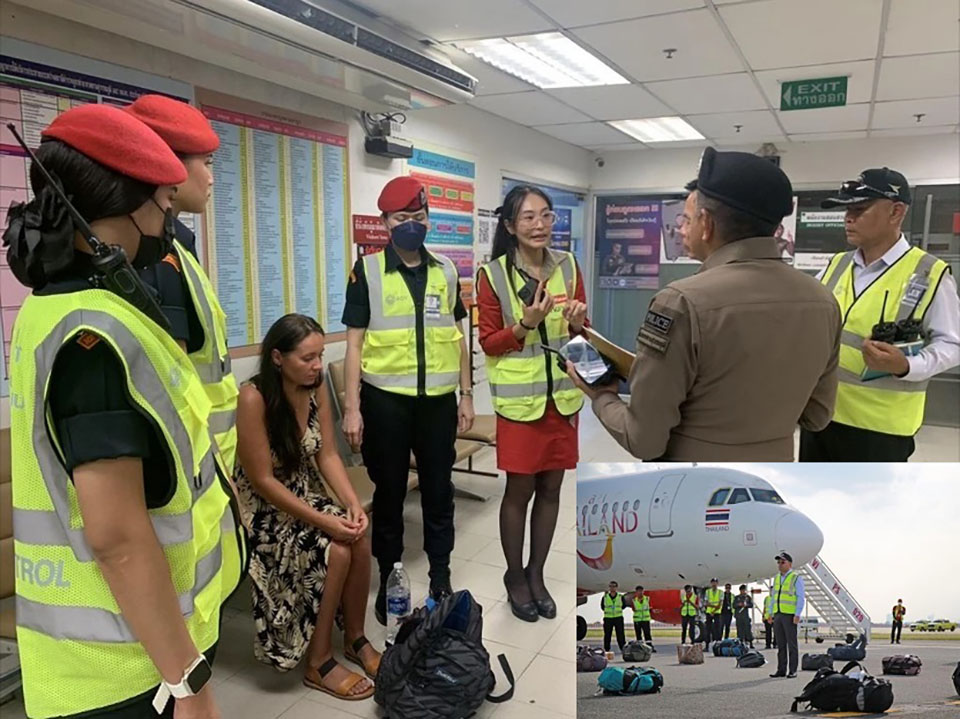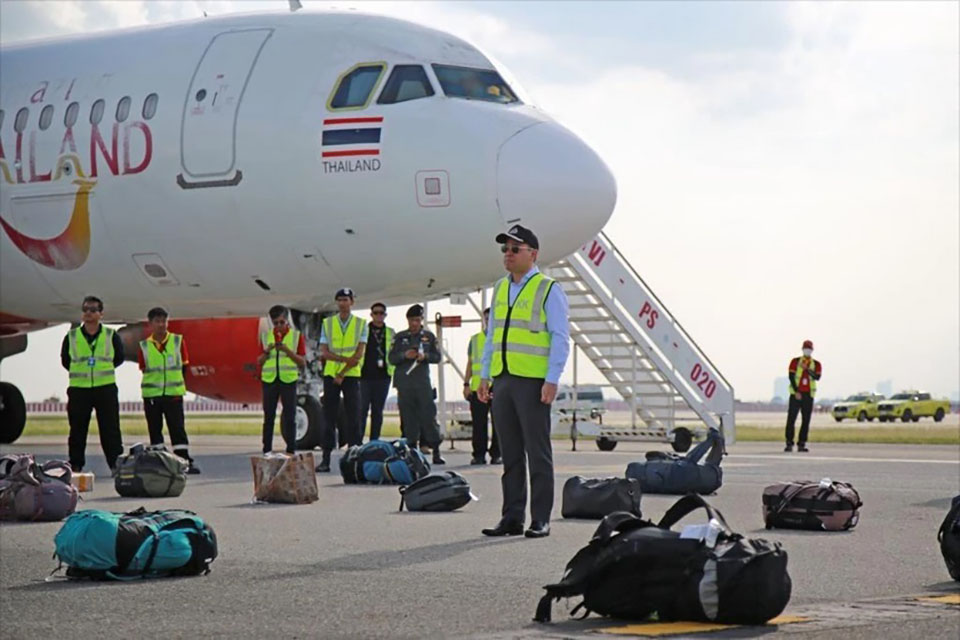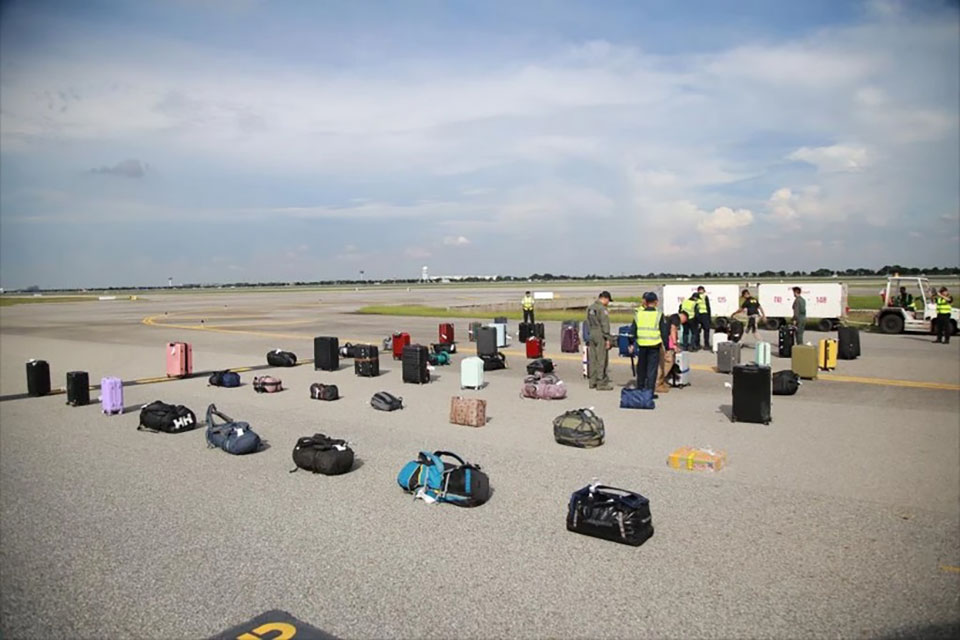
BANGKOK, Thailand -– The Civil Aviation Authority of Thailand (CAAT) clarified that the pilot of a VietJet flight on September 28 has pressed charges against a 34-year-old Polish woman for making a bomb threat on flight VZ961 from Da Nang to Suvarnabhumi Airport. The case is being pursued under the Air Navigation Act B.E. 2558, Section 22.
The incident occurred on September 26, 2024, when the Polish woman allegedly threatened that there was a bomb on board the VietJet flight. The threat prompted immediate action from authorities, who thoroughly inspected the passengers, their luggage, and the aircraft, but no suspicious items were found. The woman was detained and interrogated, though it was determined that she had no real intention of carrying out an attack, and her remark was deemed a prohibited statement on an aircraft.
Initially, it was reported that VietJet did not press charges, but on September 28, CAAT clarified that it was actually the pilot, not the airline, who filed the charges. According to CAAT, the woman’s actions violated Section 22 of the Air Navigation Act, which criminalizes making false statements that cause panic on board an aircraft or at an airport. The penalties for such an offense include a prison sentence of up to 5 years, a fine of up to 200,000 baht, or both. If the threat endangers the safety of the aircraft, the penalties increase to 5-15 years of imprisonment and fines ranging from 200,000 to 600,000 baht.
CAAT also reminded the public of certain prohibited words and phrases that should not be mentioned in airports or on airplanes, such as “bomb,” “gun,” “terrorist,” and “epidemic.” Even jokes involving these words can lead to panic, misunderstandings, and legal consequences.












